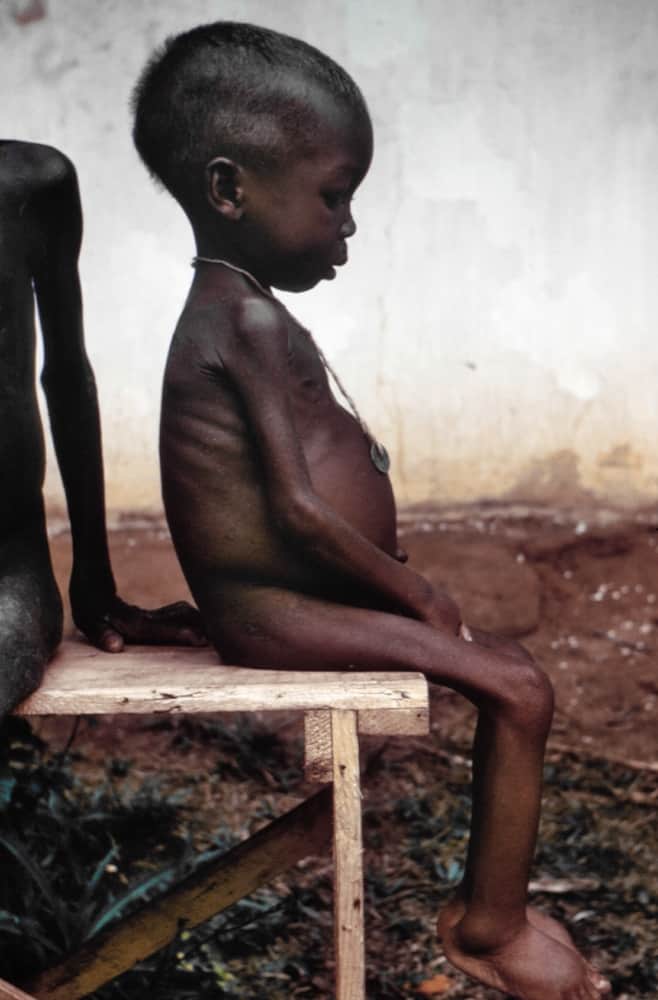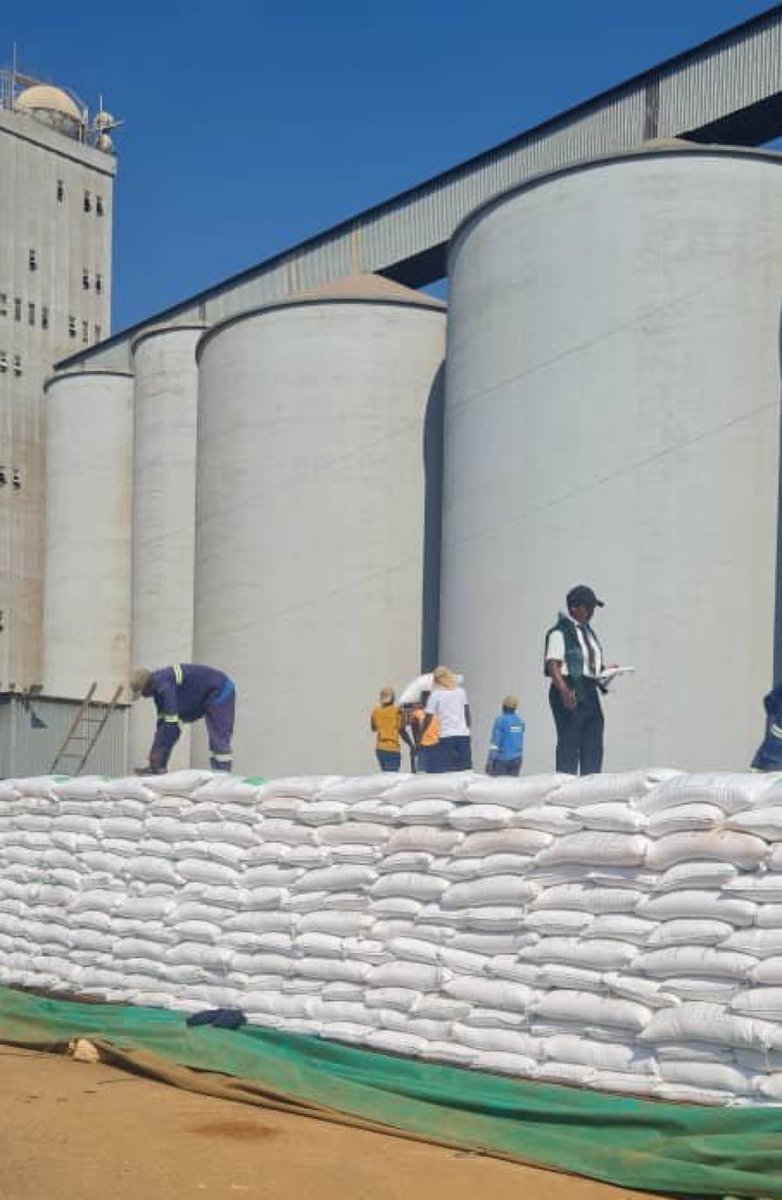Lovemore Lubinda|zimnewsnet
Zimbabwe is set to benefit from the Australian government’s drought assistance to southern Africa in response to the acute food shortages caused by severe El Niño conditions in the region.
The Australian Minister for Foreign Affairs, The Hon Julie Bishop MP, announced on 2 September 2016 that Australia will provide AUD10 million to the World Food Programme (WFP) to deliver food and nutritional support to 11.9 million drought-affected people in countries in southern Africa.
Some of the most affected countries in the southern African region will directly benefit from the Australian Government’s provision of additional funding to the WFP, including Lesotho, Malawi, Mozambique, Swaziland and Zimbabwe.
Bishop said; “Thirty-two million people in the region have been left without access to adequate food supplies including 2.7 million children, who are severely malnourished.”
“The current El Niño event has produced dry spells in southern Africa for over a period of 35 years,”
“This has prompted the Australian government to respond actively to the impact of El Niño, which has also had a devastating impact in the Indo-Pacific region. Australia’s response has focused on funding lifesaving food, nutritional and livelihoods assistance for countries most affected in the Pacific and South East Asia as well as the Horn of Africa,” Bishop added.
With total contribution to AUD46 million for countries affected by El Niño., the Australian Government is also investing in improving preparedness and resilience to climate variability in helping communities prepare for future periods of drought.
The El Nino phenomenon is a climatic condition that is characterized by the regular recurrences of unusually warm temperatures affecting rainfall patterns in the equatorial Pacific zone, causing a series of droughts in the affected regions.
Zimbabwe just like the whole region is facing a decline in rainfall thereby affecting the whole food production chain and erratic water supplies, especially in urban areas has been attributed to climate change.
Zimbabwe’s food security has also been compromised by the under utilisation of the farms following the 2000 chaotic land reform programme.
Findings of the 2016-2017 agricultural season by the Zimbabwe Vulnerability Assessment Committee (ZIMVAC) shows a 43 percent increase in the number of food insecure people will who will need humanitarian assistance.
According to the World Food Programme food production in Zimbabwe in recent years has been devastated by various factors including natural disaster, economic and political instability. Recurrent drought a series of poor harvest, high unemployment (estimated at 60 percent and restructuring of the agriculture sector have all contributed to the increasing levels of vulnerability and acute food insecurity since 2001. zwnews.com














